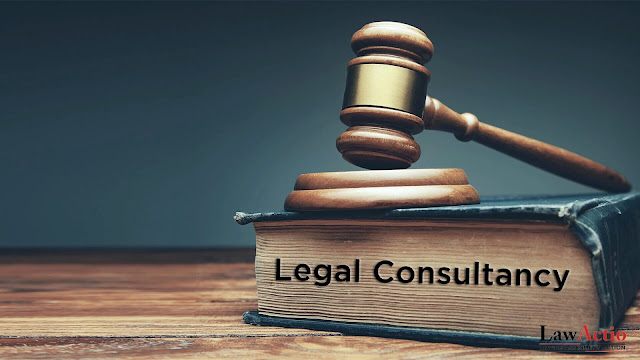What Are Intellectual Property Rights (IPR)?
Intellectual property rights is the area of law that protects intellectual creations. One specific type of intellectual property is sought in the field of patent law and it's generally accepted that a patent grants its holder the sole right to sell, use or exploit an invention for a period of time. However, patents are just one subcategory of intellectual property laws. In general, intellectual property holds power to make money off an idea or product.
What are Intellectual Property Rights (IPR)?
Intellectual Property Rights (IPR) are legal protections for
ideas, inventions, and other forms of intellectual property. IPR can be broken
down into two main categories: patent and copyright. Patent protection gives
inventors the right to exclude others from making, using, selling, or trading
their inventions for a set period of time. Copyright protection gives creators
the right to control how their work is used and distributed.
How are they granted?
Intellectual property
rights are granted by law to creators of new works of intellectual
property, such as patents, copyrights, and trademarks. These rights allow the
creator to control how their work is used, making it possible to earn a profit
from its use.
The process by which intellectual property rights are
granted varies depending on the type of work involved. For example, copyright
protection is granted by law to original literary, musical, and artistic works,
while patents are given to new inventions. The process of obtaining these
rights may also vary depending on the country in which the work is created.
Generally, intellectual property rights holders must file a
formal application with the appropriate government agency in order to protect
their work. Once the application has been filed, the government will typically
conduct an assessment of the work in question to determine whether it qualifies
for protection. If it does, the government will issue a patent or copyright
license that grants the holder specific rights to exploit the working asset for a
certain period of time.
If you would like to learn
more about intellectual property rights and how they are granted, please
visit our website or speak with one of our attorneys about your specific
situation.
How do I get my IP rights back?
Intellectual property rights, also known as IPR, are the
legal protections afforded to creative works such as books, music, films,
software, and patents. IPR can be divided into two categories: industrial property
rights (IPR) and copyright.
IPRs offer creators a way to protect their intellectual
creations from being used without permission or copied without paying for the
original. Copyright protects the form of intellectual creation, such as the
text of a book or the design of a product. It gives the creator the right to
control how the work is used and shared.
If you believe that your intellectual property rights have
been violated, there are several steps you can take to get them back. First,
you may need to contact the person or company that has allegedly infringed your
rights. If they refuse to comply with your requests, you may have to take legal
action.
IPRs are complex and varied, so it is important to consult
with an attorney if you are in doubt about your rights or what steps to take
next.
Conclusion
Consulting
& Advising | Startup & Msme
Compliances | Startup & Msme
Compliances and Consulting | Anti-Dumping Consulting and
Lawyer | Legal
Consultancy | Vetting of Legal Tenders | Cyber Law Consultants | Legal Consultancy Services in India | Legal Consultancy Services | Civil and Criminal Law | Cyber Law Consulting Services | Cyber Defamation | Cyber Law Consulting | Vetting and Drafting
of Corporate Documents | Vetting of Corporate
Documents | General Corporate
& Vetting | Corporate Agreement
Drafting | Fssai Regulations
and Corporate Approvals | Corporate Vetting | Vetting of Legal
Documents | Legal Due
Diligence for Starting a Business | Regulatory
Due Diligence | Archive
of Dispute Resolution | Online Dispute Resolution
Archives | Domain
Dispute and Cyber Squatting | Alternative Dispute Resolution | Intellectual Property Assignment | Corporate Agreement Drafting | Licensing Agreements | Assignment of Intellectual Property Rights |



Comments
Post a Comment